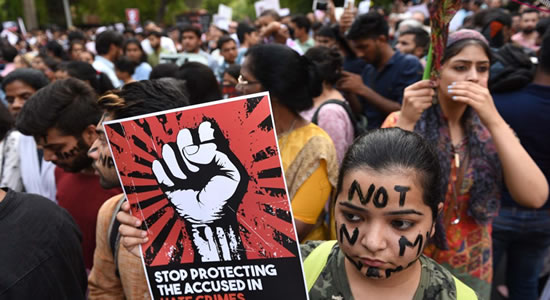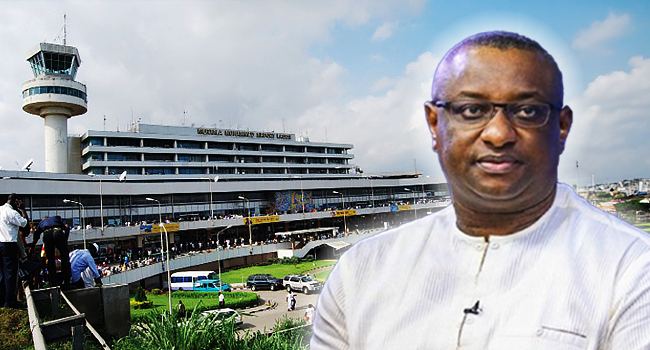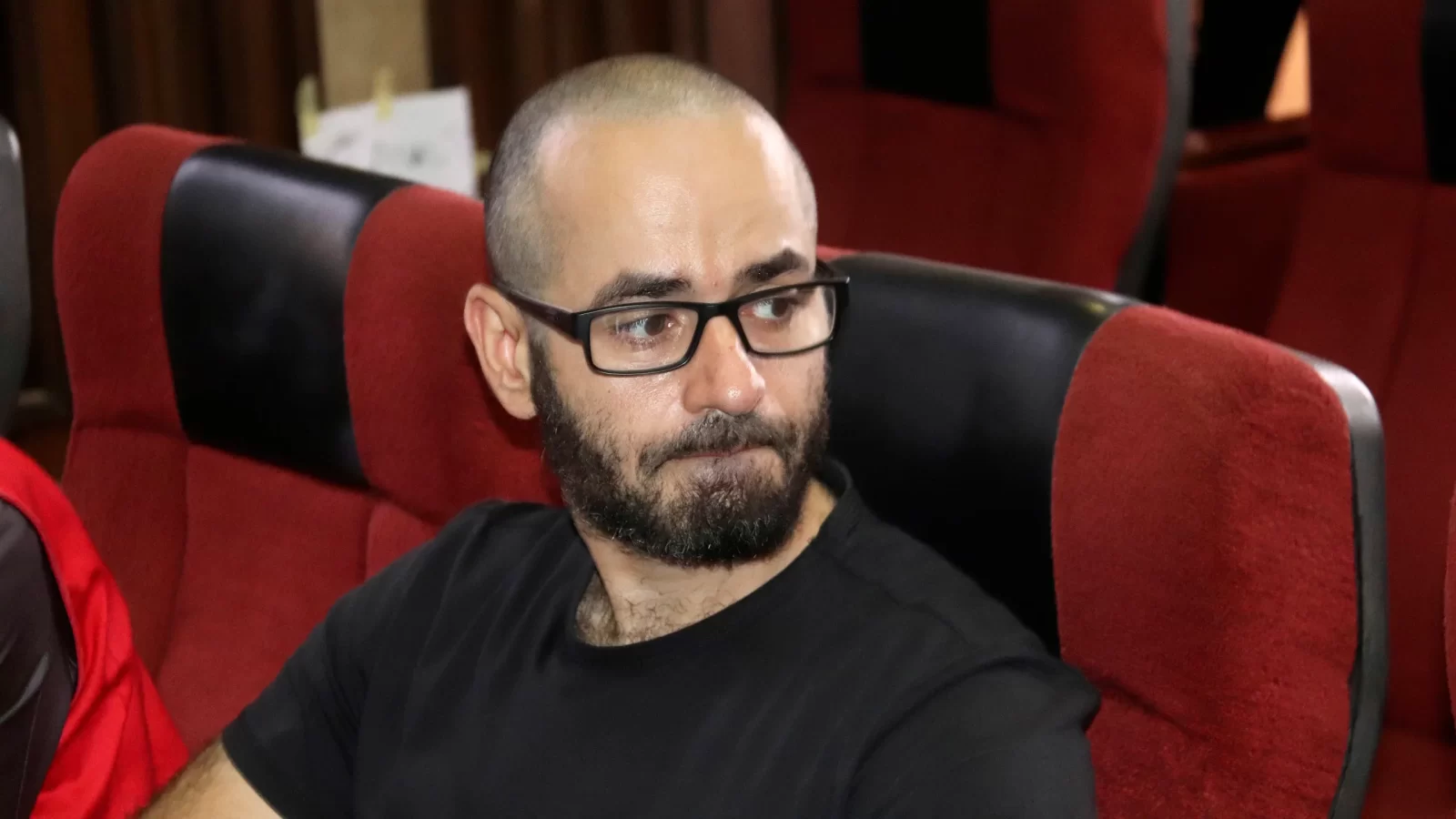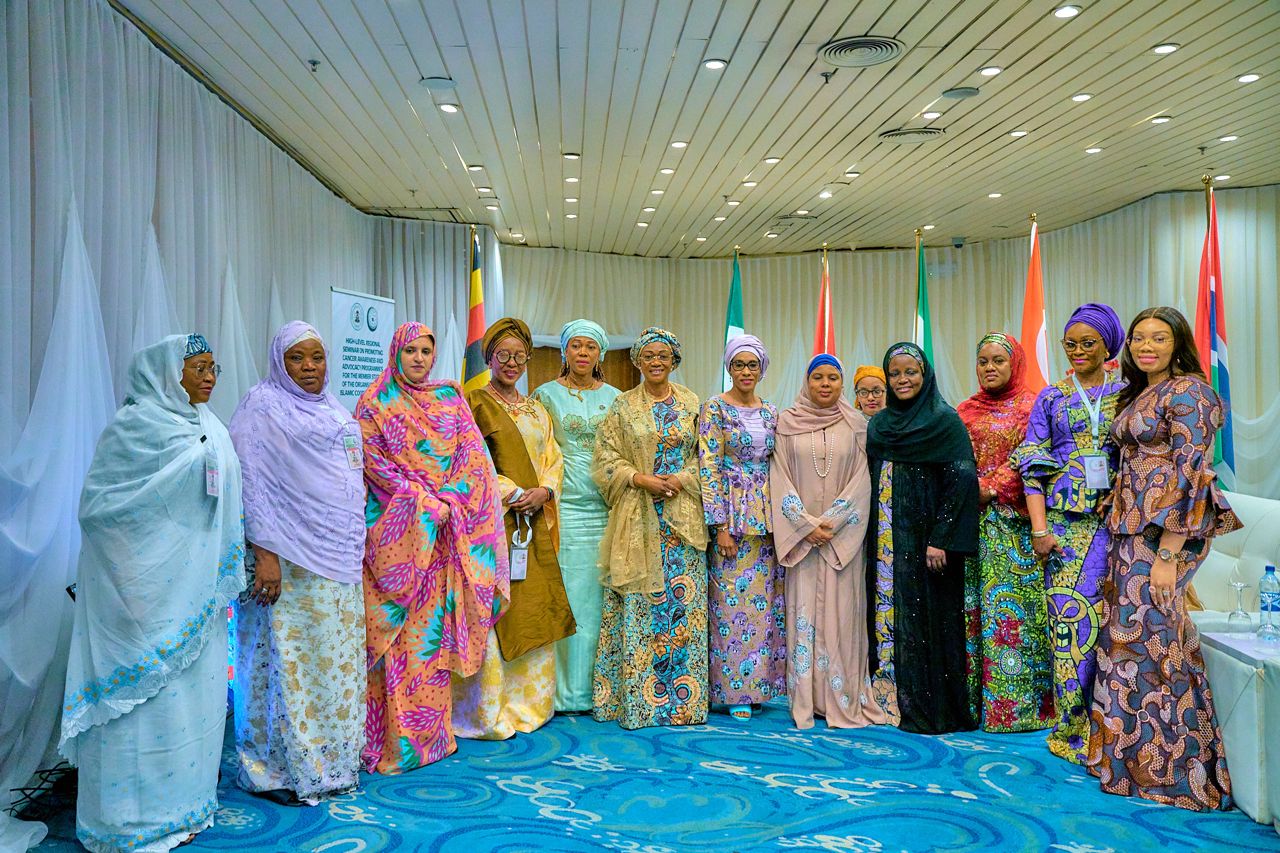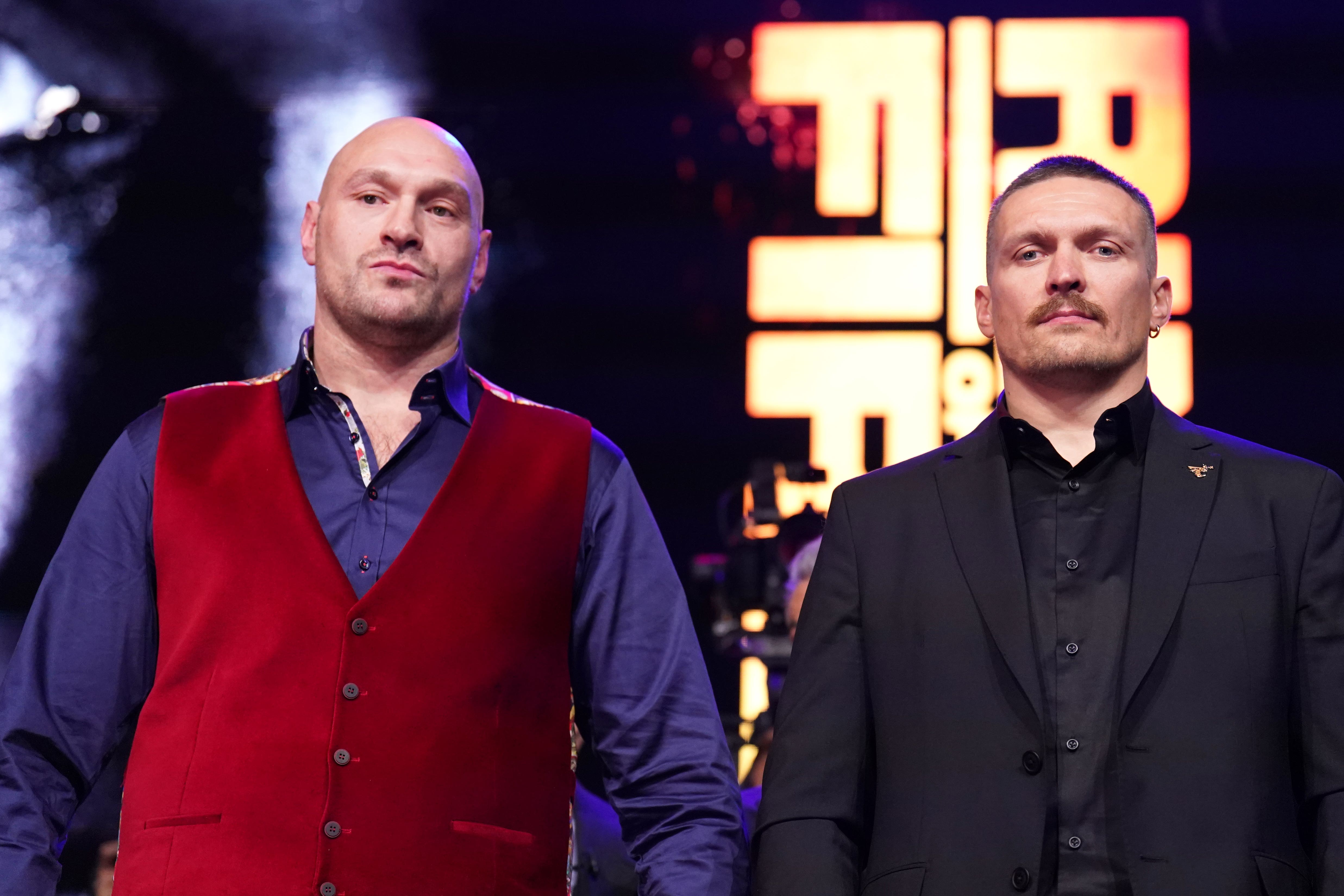Thousands of people have taken to the streets across India in reaction to a string of brutal rape cases, in some of the largest mass demonstrations held in the country since the rape and murder of a female college student in Delhi in 2012.
The protests Sunday follow a second arrest linked to the alleged rape of a teenager by a ruling party politician in the state of Uttar Pradesh.
That case, along with the rape and murder of an eight-year-old Muslim girl in the north of the country, has put pressure on Prime Minister Narendra Modi's ruling Bharatiya Janata Party (BJP), who opponents accuse of defending the men implicated in both cases.
The entanglement of party politics and sexual violence has tapped an unusually sensitive nerve, revealing something of the deep divisions that continue to haunt modern India.
Public outrage now threatens to engulf Modi, who will seek reelection next year, as the demonstrations transform into a conduit for growing public anger regarding the country's treatment of women and minority groups.
After several days in which he failed to address the issue, Modi finally broke his silence during a speech in Delhi on Friday, in which he promised "our daughters will definitely get justice."
Leader of the main opposition Congress Party Rahul Gandhi, who has been vocal in his support for the protests, responded to Modi on social media. "You said 'our daughters will get justice'. India wants to know: When?" asked Gandhi.
Gandhi led a silent vigil on Thursday in the capital. Similar scenes have also taken place in the commercial capital, Mumbai, and the southern union territory of Puducherry.










